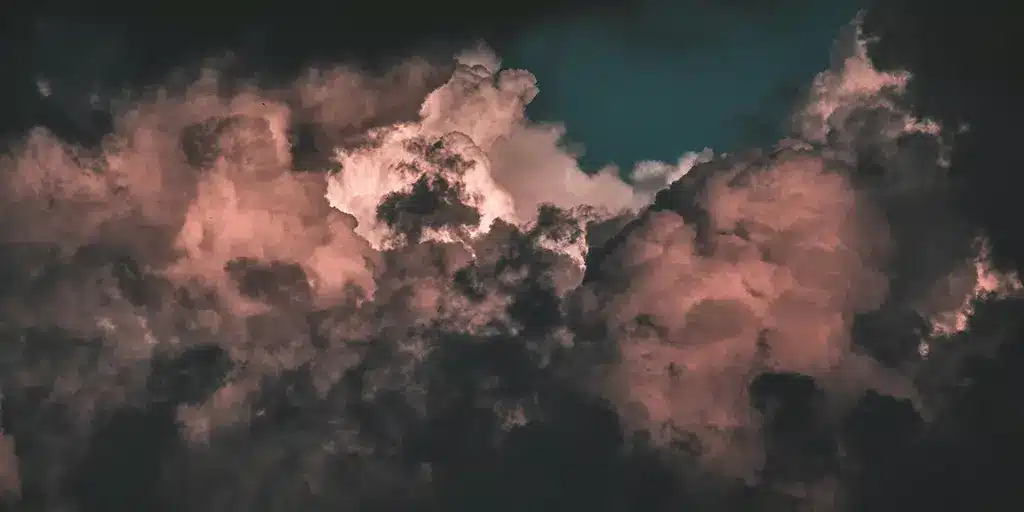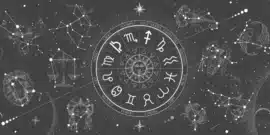What is the Occult?

The English word “occult” comes from the Latin occultus, meaning “to cover up, hide, or conceal.” Below, we offer several definitions from various authoritative sources:
The Oxford American Dictionary defines the occult as:
- secret, hidden except from those with more than ordinary knowledge.
- involving the supernatural, occult powers. The occult [involves] the world of the supernatural, mystical or magical.[1]
Webster’s Third International Dictionary (unabridged) defines the occult in the following manner:
“deliberately kept hidden… of, relating to, or dealing in matters regarded as involving the action or influence of supernatural agencies or some secret knowledge of them.”[2]
Encyclopedia Britannica defines and discusses occultism as follows:
“a general designation for various theories, practices, and rituals based on esoteric knowledge, especially alleged knowledge about the world of spirits and unknown forces of the universe. Devotees of occultism strive to understand and explore these worlds, often by developing the [alleged] higher powers of the mind…. Occultism covers such diverse subjects as Satanism, astrology, Kabbalah, Gnosticism, theosophy, divination, witchcraft, and certain forms of magic.”[3]
Dr. Ron Enroth, professor of sociology at Westmont College at Santa Barbara, California, and an authority on new religions and cults, offers the following definition:
“The term refers to ‘hidden’ or ‘secret’ wisdom; to that which is beyond the range of ordinary human knowledge; to mysterious or concealed phenomena; to inexplicable events. It is frequently used in reference to certain practices (occult “arts”) which include divination, fortune telling, spiritism (necromancy), and magic.
“Those phenomena collectively known as ‘the occult’ may be said to have the following distinct characteristics: (1) the disclosure and communication of information unavailable to humans through normal means (beyond the five senses); (2) the placing of persons in contact with supernatural powers, paranormal energies or demonic forces; (3) the acquisition and mastery of power in order to manipulate or influence other people into certain actions.”[4]
What all these definitions have in common is that they accurately understand the occult as involving 1) things normally invisible or “hidden,” and therefore normally unavailable to people and 2) contact with supernatural agencies and powers.[5]
But who or what are the “supernatural agencies and powers” that people involved in the occult contact? Deciding who these supernatural powers or entities are is of major importance. In fact, for those involved in the occult, nothing is more important.
Extracted from John Ankerberg, John Weldon, Facts on the Occult.
- The Oxford American Dictionary (New York: Avon, 1982), p. 617. ↑
- Philip B. Gove, ed., Webster’s Third New International Dictionary, unabridged (Springfield, MA: Merriam-Webster, 1981), p. 1560. ↑
- “Occult,” in Encyclopedia Britannica, Micropaedia, Volume 7, p. 469. ↑
- Ron Enroth, “The Occult,” in Walter A. Elwell, ed., Evangelical Dictionary of Theology (Grand Rapids, MI: Baker, 1984), p. 787. ↑
- John Keel, a prominent authority on UFO’s, confesses, “The UFO manifestations seem to be, by and large, merely minor variations of the age-old demonological phenomenon,” and “the manifestations and occurrences described in [the literature of demonology] are similar, if not entirely identical, to the UFO phenomenon itself. Victims of [demon possession suffer the very same medical and emotional symptoms as the UFO contactees.” See note 18. ↑








